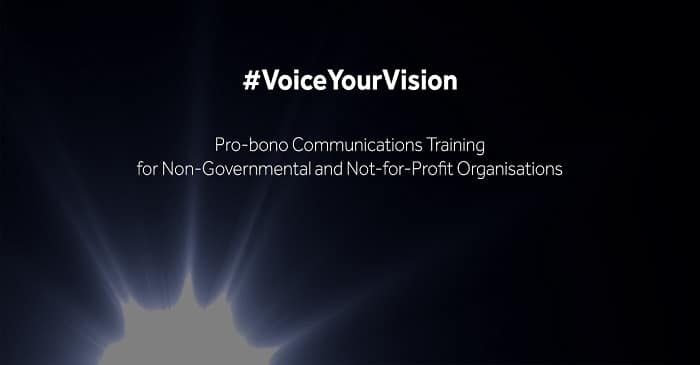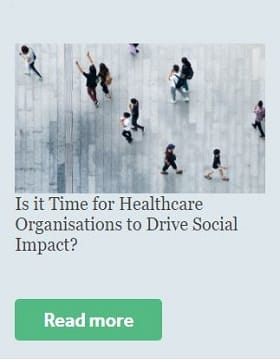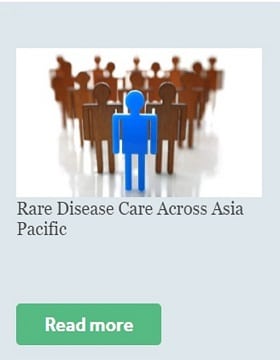
Health and Culture across Asia Pacific

Sandpiper Launches Voice Your Vision Pro-Bono Programme to Support Non-Governmental and Not-for-Profit Organisations in Asia Pacific
Reflecting on the WHO’s Positive Effects on Healthcare Access across Asia Pacific
April 2023

On 7th April, World Health Day, the World Health Organization (WHO) celebrated its 75th anniversary, bringing an opportunity to highlight the role it has played in achieving greater healthcare access across Asia Pacific. The WHO with its staff in 149 country offices, provides support to plan, implement, and monitor health programmes globally.
Crucially, their work has advanced universal healthcare (UHC) as a priority and ensuring people have access to the full range of quality health services they need, when and where they need them. UHC is a powerful mechanism to deliver healthcare without creating financial hardship, reducing the risk that people will be pushed into poverty because unexpected illness requires them to use their life savings, sell assets, or borrow. For these reasons, the WHO aims to have 1 billion people covered by UHC by 2025 globally, for which Asia Pacific is key, an ambitious target.
The Asia-Pacific region is a diverse region, home to more than half the world’s population and represents a range socio-economic levels. According to International Labour Organisation (ILO), more than one-third of the population in Bangladesh, Lao PDR, and Pakistan live on less than US$3.20 a day, while the same is true of only 1 percent of the populations of Malaysia, Maldives, the Republic of Korea and Thailand. Life expectancy also varies widely in Asia-Pacific, ranging from 66.9 years in Myanmar to 84.2 in Japan. Working to bolster the healthcare options available to their populations, 36 countries in Asia-Pacific have committed to achieving UHC by 2030. Still, challenges remain due to the scale of the funding that would be needed in countries with fewer resources.
The Philippines serves as a case study where despite efforts to set up a public insurance scheme, most people still pay out of pocket (OOP). The government instated a new UHC law in 2019 entitling everyone who cannot afford voluntary social health insurance contributions to free healthcare through its government-funded PhilHealth. However, migrant workers and those working in the informal economy often fall in between the socio-economic cracks qualifying them for neither of the two schemes. Additionally, PhilHealth does not cover the high costs of medicines and laboratory tests, favours inpatient over outpatient coverage, and has low utilization rates due to lack of awareness or ability to access the benefits due to a laborious registration process. Ultimately, until these obstacles in its public health system are addressed, OOP payments in the Philippines are likely to remain high.
Thailand, on the other hand, has been lauded for its healthcare system which is generally well funded despite not being a top-tier economy, which can partly be attributed to the high (5 per cent) annual growth rate of the economy. In less than two years since implementing its Universal Coverage Scheme (UCS) in 2002, Thailand managed to expand its health insurance coverage to 76 per cent of its population, causing OOP payments to drastically decrease from 33.9 to 11 per cent in 2018. As of 2017, 99.2 per cent of the population is covered by one of the country’s health insurance schemes, which apart from UCS also includes a government-funded scheme for public employees and a contributory scheme for private sector employees. Thailand’s success lay in its ability to extend health protection successfully and rapidly to the entire Thai population in the aftermath of the Asian financial crisis, demonstrating that UHC is not solely a reality for high-income countries.
The WHO continues to evaluate and support progress towards achieving UHC across the world, informing resource allocation and infrastructural development to assist governments in realising their health goals while advocating for change where gaps and insufficiencies are identified. Still, it remains to be seen whether UHC will be achieved in Asia by 2030. The bar has been set high, but real progress has been made in the region in the last decade and will likely continue as the region’s economy grows, living standards improve, and expectations of health services rise. This rise is in no small part due to the stewardship of WHO in the region working with national governments to make it a reality.




